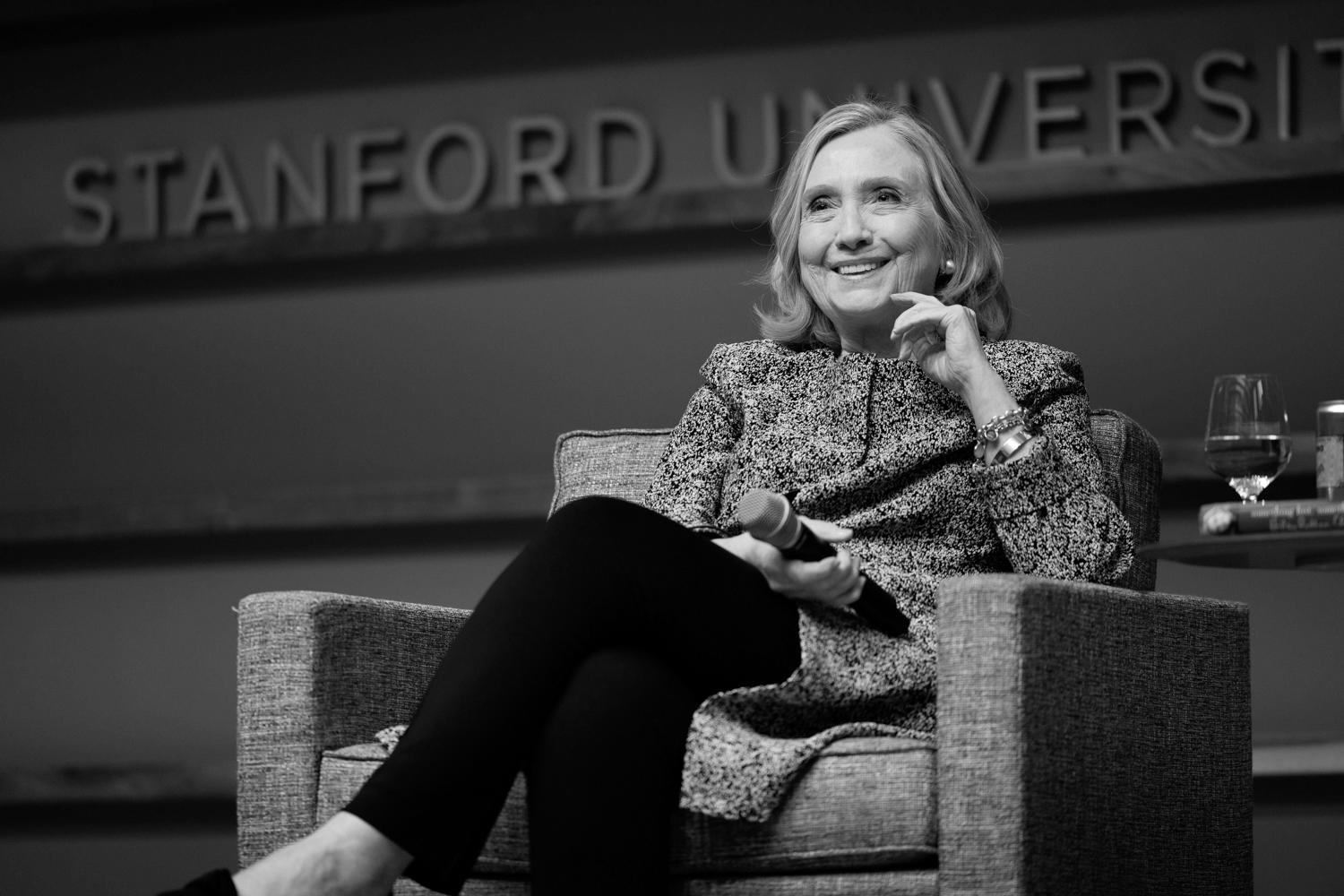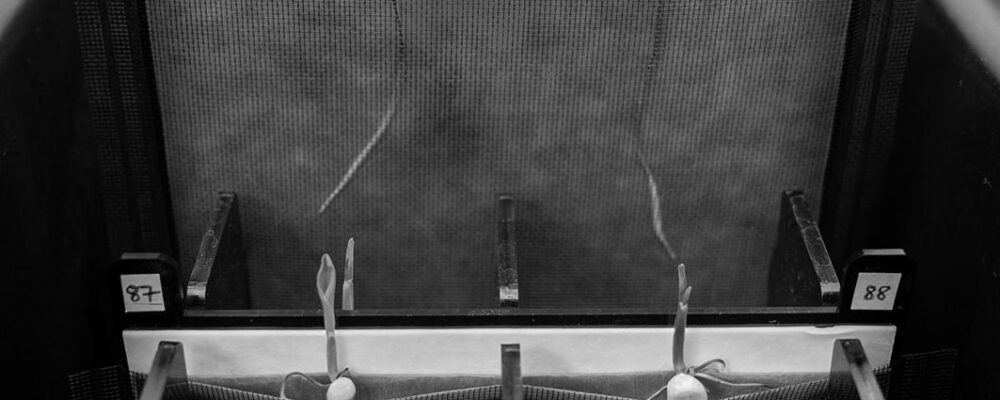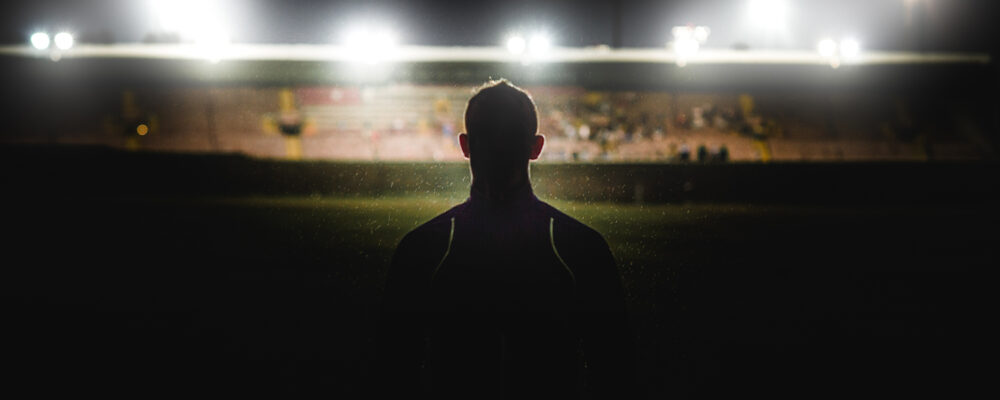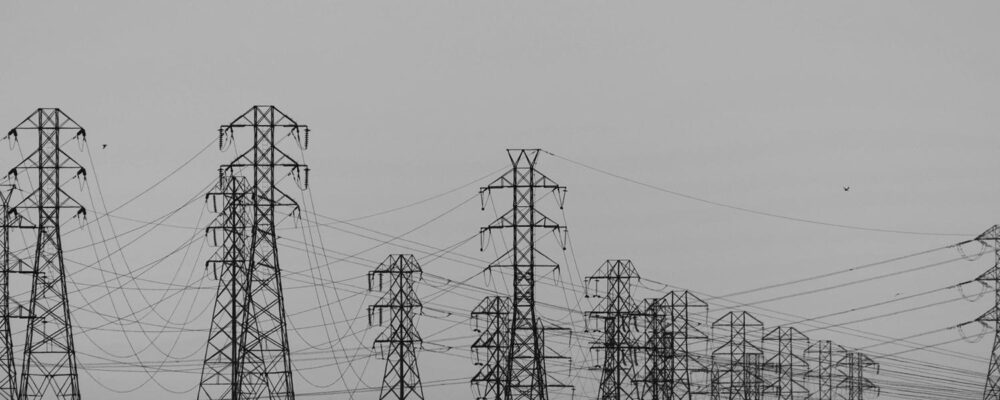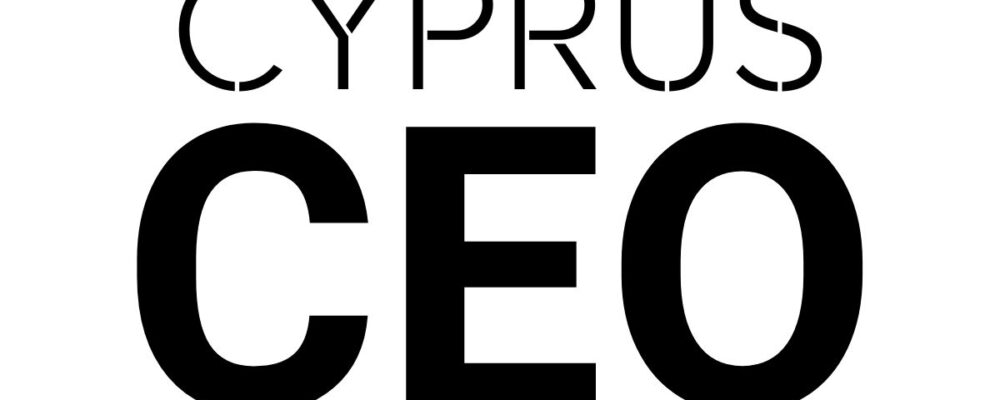Hillary Rodham Clinton has spent a lot of time thinking about life’s setbacks as well as its opportunities. She shared some of those reflections – and the lessons learned from overcoming challenges – to students in the Continuing Studies course POL 68: Election 2024: Democracy on the Ballot on Oct. 6.
“Have a longer perspective, both on your life and on the history of your country,” Clinton urged. “There are so many challenges that come up in life that you have to learn to deal with. You have to be resilient.”
This was Clinton’s third time speaking in the course; her first two visits – which were in previous years – were over Zoom. The course, taught by Jim Steyer, an adjunct professor at Stanford Graduate School of Education, features prominent leaders from across the political spectrum, business, foreign policy, academia, and the media. This year, the course focuses on the challenges facing the U.S. ahead of the 2024 election.
Steyer introduced the conversation, titled the “State of American Democracy,” by highlighting Clinton’s five decades of public service, including her roles as a child rights advocate, the first lady of Arkansas and the U.S., U.S. senator, and U.S. secretary of state.
“Think about this, just for a second: She spent over five decades in public service,” Steyer said, prompting applause from the class, which included both Continuing Studies students from the community and Stanford undergraduates and Stanford graduate and professional students.
Clinton’s new book, Something Lost, Something Gained: Reflections on Life, Love, and Liberty (Simon & Schuster, 2024), looks back on her distinguished public service career. The title comes from Joni Mitchell’s song “Both Sides Now.” Clinton recalled first hearing the song in her early 20s but not fully grasping its meaning then. After hearing Mitchell perform it at the Grammy Awards earlier this year – and pushing through health issues to do so – Clinton was inspired to reflect on her own life.
“I was motivated to think about my life at this point and to look at life and love from both sides of now and realize how my feelings about it had changed over time,” Clinton said.
Steyer and Clinton went on to discuss some of her early child advocacy work, a cause she shares in common with Steyer, who is the founder and CEO of Common Sense Media, a nonprofit organization that provides families with ratings and reviews of media and technology.
During her first year at Yale Law School in the early 1970s, Clinton met Marian Wright Edelman, who helped start the Head Start program and later founded the Children’s Defense Fund.
Clinton went on to work with Edelman, interning at the Children’s Defense Fund, where she collected data on children with disabilities.
At the time, there was no law in the United States that required children with disabilities to get an education. Clinton went door-to-door gathering information about the impact this discrepancy had on families. She saw firsthand how many children were not enrolled in school because of lack of support.
“You cannot imagine how many children were not in school because the schools would not take them,” Clinton reflected.
Those efforts by the Children’s Defense Fund, along with the work of other advocacy groups and organizations, eventually led to the passing of the Individuals with Disabilities Education Act (IDEA) in 1990. Clinton has since spent most of her career ensuring all children get support.
But it has not always been successful; for example, when working at the Children’s Defense Fund, a bill was passed in Congress for universal child care only to be vetoed by then President Richard Nixon.
Clinton also discussed her role in establishing the Children’s Health Insurance Program (CHIP) as first lady. Clinton cautioned not to take such protections for granted, citing efforts to overturn the Affordable Care Act and the reversal of Roe v. Wade in the Supreme Court’s 2022 ruling in Dobbs v. Jackson Women’s Health Organization.
“You can’t ever think your work is done because there are people who sadly want to undo it,” Clinton said.
Parallels
Clinton and Steyer also discussed parallels between Clinton’s 2016 presidential campaign and that of Kamala Harris, particularly the role the Electoral College plays in determining the outcome of the election.
“The Electoral College is a particular anachronism because it’s the only device that determines who the winner of an election is based not on who gets the most votes but how they’re apportioned in the states,” Clinton said.
Clinton won the popular vote by nearly 3 million votes but lost the Electoral College by 77,000 votes in three states. With only a handful of states deciding the American presidency, Clinton sees this amounting to a constitutional crisis.
“I think we are in a constitutional crisis because it is difficult to hold together a big, pluralistic country like ours when you only have a presidential election in seven or eight states,” Clinton said.
Also discussed was the rise of social media and the viral spread of conspiracy theories, with Clinton urging students not to take bogus claims lightly, no matter how outrageous a conspiracy may seem.
“I mean, who would believe that I’m running a child trafficking ring in the basement of a pizzeria? Well, guess what – literally, millions of people. Why? Because it was repeated over and over again through the channels that they tune in to,” Clinton said.
Clinton observed that since her 2016 campaign, the technology and capabilities of AI to generate fraudulent images, video, and audio – known as deepfakes – has only improved.
Clinton also raised her concerns about election interference from foreign actors through the spread of mis- and disinformation online using these newly available tools. Even small margins of voters influenced by fake news could determine election outcomes, she warned.
The conversation also included Clinton’s assessment of how the Republican Party has evolved under Donald Trump’s ascent into politics, including his interest and praise of global autocrats.
Global politics
Steyer also asked for Clinton’s assessment of the intensifying Middle East conflict following the Oct. 7, 2023, attack by Hamas on Israel.
Clinton described the conflict as a “strategic regional challenge,” noting that it extends beyond Israel and Hamas to involve Hezbollah, the Houthis, and Iran.
Clinton said she sees an opportunity for Lebanon to reconstitute itself as a state, which has been prevented by Hezbollah – a point she discussed earlier with Condoleezza Rice, the Tad and Dianne Taube Director of the Hoover Institution and former U.S. secretary of state.
Advice to students
Clinton’s wide-ranging conversation also touched on the glass ceiling – “It’s real; I wouldn’t pretend that it wasn’t,” she said – and juggling both work and her family – “it was a constant balancing act.”
Steyer closed by asking Clinton’s advice to students. She urged them to think about their own roles and responsibilities in a democracy beyond voting and to be ready to bounce back from life’s inevitable setbacks.
“You have to figure out how to pick yourself up and go on. It’s the same for a country, and you can’t – you shouldn’t, I hope – give up on yourself. You shouldn’t give up on your country for all of our faults and our problems and our setbacks and our disappointments and even the threats that I see coming from this election. Just don’t give up.”
Steyer’s course is designed for the entire Stanford community, and Continuing Studies students are joined by Stanford undergraduates and Stanford graduate and professional students.”}”>
For more information
Steyer’s course is designed for the entire Stanford community, and Continuing Studies students are joined by Stanford undergraduates and Stanford graduate and professional students.
“Stanford University, officially Leland Stanford Junior University, is a private research university in Stanford, California. The campus occupies 8,180 acres, among the largest in the United States, and enrols over 17,000 students.”
Please visit the firm link to site


